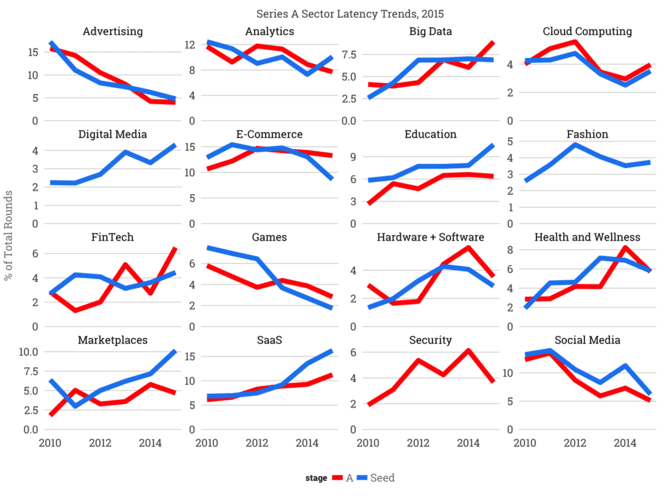Is the Customer Really Always Right?
Customer focus is an enduring and fundamental principle of business. The logic goes that success will follow if you identify and solve customer problems, use them to build new products or services, and create strong relationships. However, the truth is that customers can be a dreadful guide, and new technology means it is an idea that may have had its day.












